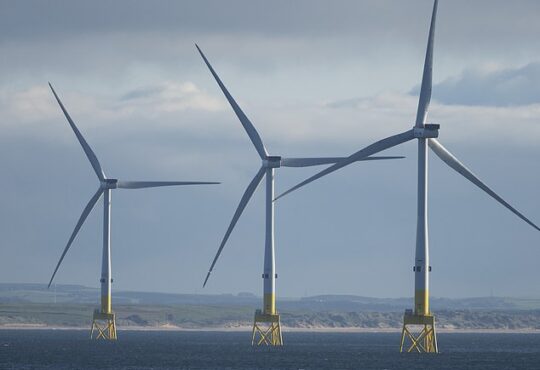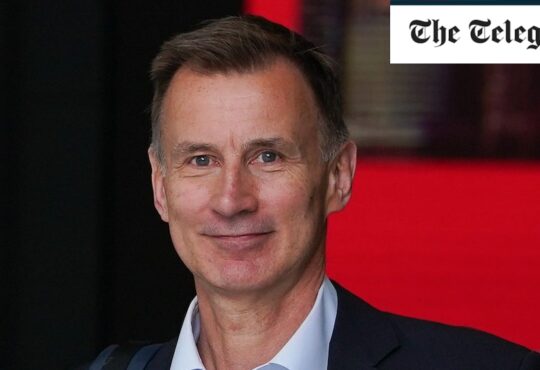
Jason Porter, of the financial adviser Blevins Franks, agreed that lenders across the board – right from standard residential to ultra-prime property – are increasingly likely to look unfavourably on properties with low energy efficiency ratings.
He added: “This gives rise to lower valuations. As a result, you may not be able to borrow as much as you hoped, or you may have to pay a higher interest rate.
“Some lenders will not lend against low efficiency properties, as the new legislation means they will shortly be unmarketable without investment in their energy efficiency, and others will have fixed criteria for the efficiency of building they will finance.”
Currently around 74pc of would-be house buyers consider the energy efficiency rating of a property to be a deciding factor in their choice, according to Groupe BPCE. Just 14pc say it wouldn’t influence their choice.
Small rental properties and individual homes are expected to be the most heavily impacted properties. Within these groups the gap between properties rated F or G and those rated D can be as high as 15pc.
The cost of renovating in France has risen in recent years. Trevor Leggett, founder of Leggett International Real Estate, says they have as much as doubled, from around €1,500 to €3,000 per square metre.
Government grants of up to €70,000 are available to French homeowners, but many families have been excluded from these based on their income.
In Paris, to qualify for a full grant the income thresholds range from €23,500 for a single person to €51,000 for a family of five.
In the rest of France, maximum grants are issued to families earning between €17,000 and €40,000.
British buyers suffer
UK citizens looking to buy property in France are also being impacted by the French mortgage market uncertainty.
As with domestic loans, those for non-residents also got pulled as rates rose leaving fewer options for overseas buyers.
However, mortgage rates began to fall this week raising hopes that products will start to return to the market.
Buying property in France can be tricky from an affordability perspective if you need a mortgage. France has imposed a debt-to-income ratio that means no more than a third of your income – 35pc – can be taken up serving your debt.
This means that with a monthly income of £10,000 a maximum of £3,500 can be spent on debt, including any car financing, student debt or credit cards.
However, banks do not apply the rule in the same way. Some use your gross income to calculate affordability whereas others only use the net amount, further limiting what you can borrow.
“It really favours someone on a high basic salary or good bonuses,” says Watts “It is such a different system to the UK, so a lot of what we do is explaining to clients how different it is managing expectations. Most of my clients are pretty wealthy so they would be able to get a mortgage, so that is wherethe shock comes from. People can’t quite believe it.”
Furthermore, a small minority of banks require international buyers to keep significant sums within the bank as extra security when taking out a loan, says Ragon.
In previous years it was just €50,000 but this has risen in recent times. Some lenders now expect buyers to deposit as much as €200,000 to qualify for a home loan although an amount this high is considered rare, explains Watts.
“The reality is that quite a lot of buyers don’t necessarily need mortgages but use it for liquidity purposes,” says Jack Harris, partner at Knight Frank International Residential Department responsible for the south of France.
“But what is going on in the mortgage market does have an impact on buyer demand and sentiment. However, a UK cash buyer is now very attractive to a seller in France because they are removed from the uncertainty.”






